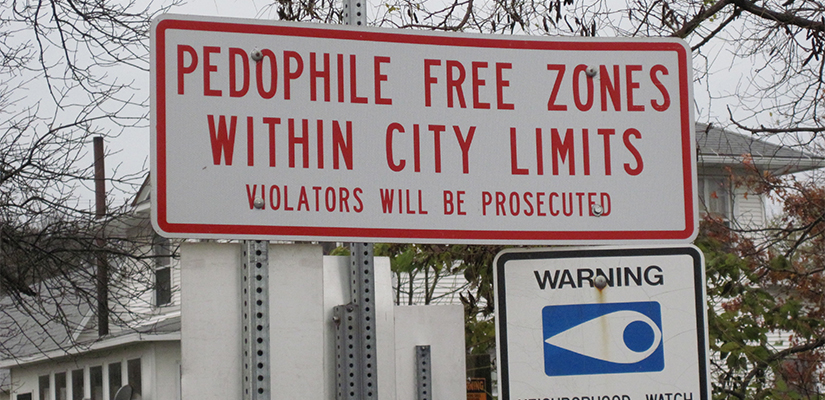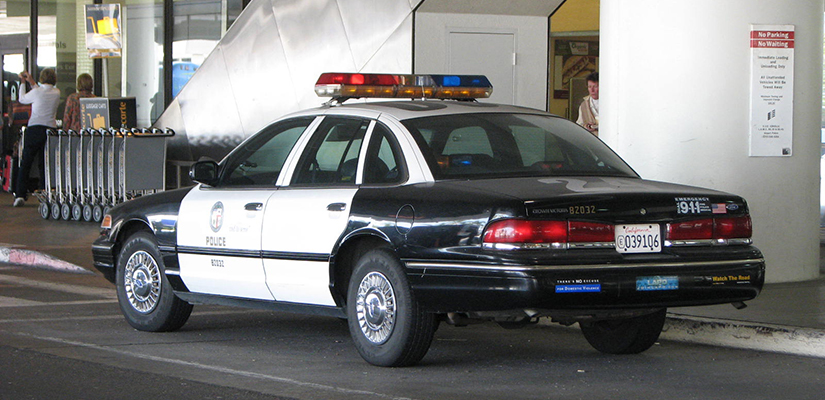Aggressive laws have been enacted at the state and federal level in an attempt to eradicate the distribution and consumption of child pornography and punish those who commit other sex crimes against children. These laws are often controversial and challenged for violating First Amendment freedoms. In California, laws have been passed aimed at destroying the market for child pornography by targeting not just consumers of the product, but also producers, distributors (including simply forwarding images to friends), retailers and marketers. Penalties also have been increased against convicted sex offenders and crimes that once carried misdemeanor charges have been upgraded to felonies.
In 2006, Prop 83, the Sexual Predator Punishment and Control Act, also known as “Jessica’s Law”, was passed. Prop 83 was an effort by the state to strengthen current laws against sex offenders while also adding a new residency restriction against all sex offenders prohibiting them from living within 2000 feet of a school or park used by children. Prior to the passage of the law, only certain classes of high risk sex offenders faced residency restrictions. Prop 83 also included the requirement that high-risk sex offenders submit to lifetime global positioning system (GPS) monitoring.
Some cities are moving towards adopting stricter residency restrictions than those required under Jessica’s Law. For example, in San Diego, the city is considering further restricting registered sex offenders from living even greater distances of places children may be present, such as schools, daycares, libraries and amusement parks.
Prop 83 also makes it a felony to possess child pornography. Those charged with possession of child porn face up to one year in county jail or sixteen months, two or three years in state prison, a fine up to $2500 and mandatory registration as a sex offender for life. Before the passage of Prop 83, possession of the material was a misdemeanor under California state law. For those persons previously convicted for possession of child pornography, the penalties increase to up to 6 years in state prison.
Unlike pornography depicting adults in sexually explicit conduct, material with minors does not have to be obscene per se under the law in order to be a violation of California’s possession laws. If the images are the product of the sexual abuse of a child, they can be confiscated and the person in possession of them can be charged with felony possession in California. Possession of child pornography in the privacy of your home is not a protected activity under the Federal or California State Constitutions.
If you or a loved one have been arrested on a Child Pornography charge, contact the experienced Southern California criminal defense attorneys at Wallin & Klarich. We’ve have been helping criminal defendants for over 30 years. Call us at (888) 280-6839 or visit us at www.wklaw.com.



